This post has not been edited by the GamesBeat staff. Opinions by GamesBeat community writers do not necessarily reflect those of the staff.
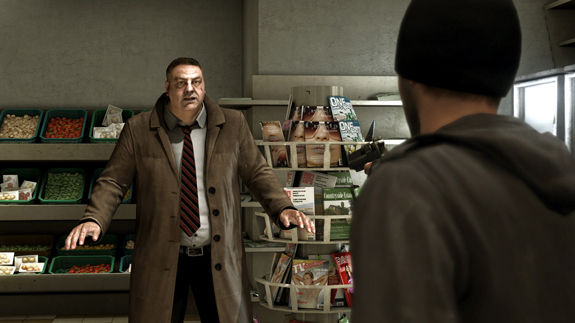
Garnett Lee on the Weekend Confirmed podcast has said that he no longer likes fail states. David Cage has at least once criticized the age-old gaming conventions like bosses and "game over" screens. You have to admit that fail states originally came from the arcade cabinets that wanted more of your quarters. It seems that people are increasingly taking issue with the fact that you die in video games.
I understand the frustration and the desire to see the medium go forward, but does a definitive alternative really exist?
While I agree that the this screen inherently conflicts with the flow of many types of games that have emerged since the rise of consoles, I still don’t mind it. I’ve actually taken issue with a lot of the alternatives people have come up with. I also see the problem not with the concept but with the implementation of it.
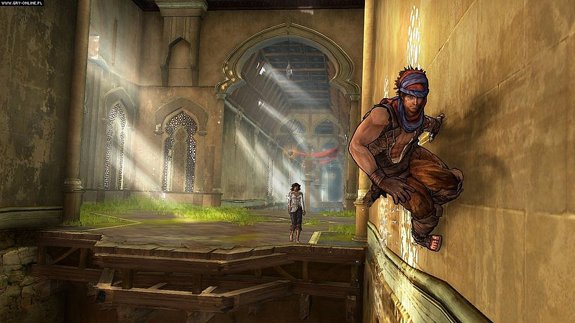
I did not enjoy the 2008 Prince of Persia release — mainly because of the dull level design but particularly because of the mechanic involving Elika, who would immediately rescue the prince whenever he fell. Removing the fail state altogether basically removed all sense of challenge from the game. It became a smooth experience because of that, but it was also a boring one.
Games that try to rename the fail state aren’t really any better. The Assassin’s Creed series tells you that you’ve “desynchronized” with the memories you’re reliving, but the effect gets no less frustrating at the 10th attempt.
Some games that subvert this come up with solutions that have been more infuriating in my experience. Phantasy Star Online, for instance, warps you to a hospital when you die, but you have to trek back to the place where you perished in order to get all your money back. Okay, I won’t call that infuriating, but when you stop breathing in Phantasy Star, it’s actually worse than when you die in most games that give you normal fail states.
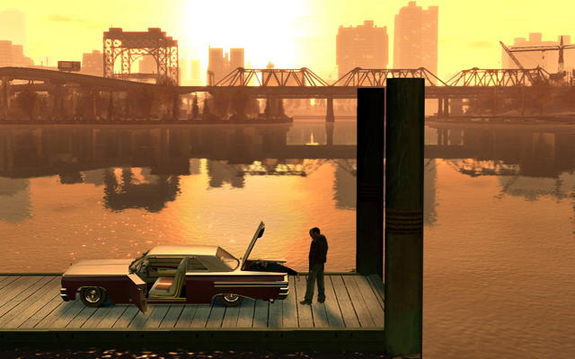
Grand Theft Auto 4 has been the worst offender for me. Instead of trying to stay in continuity by waking up at a hospital or immediately retrying with depleted armor and ammo, I just reloaded my last save whenever I die. That’s one game that would actually benefit from a traditional save-state system…and checkpoints.
It’s not all bad, though. I’ve seen one or two games do interesting and even convenient things with failure in games. I can even think up a couple decent ideas myself for how some genres might subvert the game-over screen.
The most recent great example is Kirby’s Epic Yarn. You can’t actually die in that game, but whenever you take damage, you lose points that are tallied up at the end of a level. Anyone who plays the game won’t be stopped from getting through it, but more skilled players are rewarded with gold and unlockable extra content.
That’s really what it’s about. There needs to be a challenge. There needs to be some kind of incentive to play a game well.
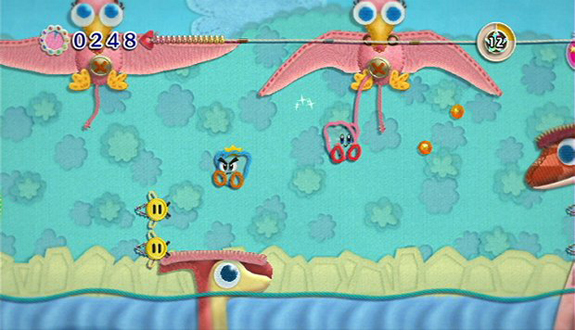
The ultimate question is: “How would a game like Call of Duty or Dead Space work without game-over screens?” Right now, my thinking is that you’d have to come up with some kind of genre-for-genre solution.
The least annoying puzzles and obstacles in games tend to be the ones that only knock you back to a lower or previous area whenever you fail them instead of killing you. Imagine if whenever you fell in Mirror’s Edge, you just landed on an alternate, slower route?
Maybe in a game like Dead Space or Amnesia: The Dark Descent, Issac or Daniel (respectively) isn’t the only protagonist. Maybe there is a whole group of people who for some reason are forced to send men to this horrible place one at a time. Maybe every time they die, another is sent in, but every save point activates some kind of shortcut transport (after typing this someone told me that’s how Maniac Mansion works). What if every time your soldier died in Call of Duty, you just took control of the guy next to him? Maybe at certain points, something favorable might happen if you haven’t lost too many people.
I’ll admit that there have been times in games where some kind of emotional or atmospheric crescendo was ruined by a "game over" screen and constant repeats. A lot of Dead Space 2 has that problem, actually. What if during such a sequence, like a final boss with climactic music or something, whenever you “failed,” both you and the boss just regained all health and started again with no break in the action?
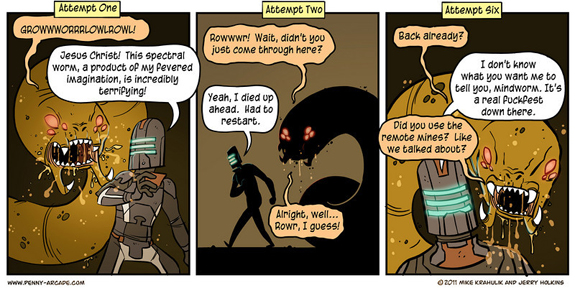
Still, what this is mainly about is difficulty balance. If you have to look at a game-over screen 30 times in the span of five minutes, either you suck, or you are playing a poorly-balanced game. Unfortunately I think we’re seeing a lot of poorly balanced games these days and are just blaming the "game over" itself instead of the games that make us see it too often.
When it comes to balance, the way I see it is that if you die in a game and you know it was your fault, then the game is well-balanced. Resident Evil 4 and Ninja Gaiden Black are intense games, but they feel right because the player character and the challenges are balanced proportionately. You always know what the challenge is and what you can do to overcome it, even if actually doing that might take more than one try.
I’ll agree that every title probably doesn’t need a game-over screen, but I’ll also say that every one wouldn’t necessarily be better without it. Like most features, it’s really all about how it’s utilized rather than whether or not it’s used at all.
